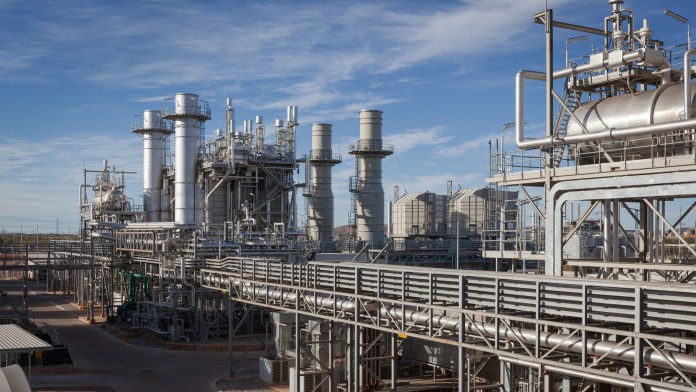Nigeria’s power sector has lost no less than N117.8 billion to gas shortages and others between January to March 10, 2020. This was disclosed in the review of the sector in the outgoing first quarter (Q1), 2020 by the Federal Ministry of Power.
The development showed that the sector lost as much as N2 billion daily in some days during the period under review, with the lowest loss pegged at N1.47 billion on February 4, 2020.

Data obtained from the ministry and Transmission Company of Nigeria (TCN) and the Presidency, showed that the sector started with a loss of about N54.32 billion in the first month of the year.
The loss for the month of February was N3.17 billion less at N51.15 billion, although the month also recorded the highest single daily loss of N2.31 billion on February 27. Within the first six days of March, the sector lost over N12 billion.
A random pick of daily losses in January 2020 showed a loss of N1.88 billion on January 1; N1.64 billion loss on January 13; and N1.77 billion loss on January 30.
February 3 recorded a loss of N1.61 billion while N1.96 billion was lost on Valentine day and N2.1 billion on the last day of the month.
The first six days in the month of March showed that the industry lost N2.21 billion, N2.21 billion, N1.97 billion, N1.87 billion, N1.93 billion and N2.16 billion respectively during the six-day period.
Most of the daily financial losses were traced to the unavailability of gas to fire thermal power plants and the lack of transmission infrastructure. The unavailability of distribution infrastructure as well as water management constraint also caused high-frequency issues on the grid, leading to even more losses.
The reports also disclosed that part of the financial losses was traced to the inability to generate a large quantum of electricity daily, due to gas shortage.
On February 29, 2020, for instance, a total of 3,432MW was not generated due to unavailability of gas; 110MW was not generated due to unavailability of transmission infrastructure while 816.4MW was not generated due to high frequency resulting from the unavailability of distribution infrastructure.
Also, on January 30, 2020, a total of 3,044MW was not generated due to unavailability of gas and 195.9MW was not generated due to unavailability of transmission infrastructure.
Still on the same day, 198MW was not generated due to high frequency resulting from the unavailability of distribution infrastructure, while 245MW was recorded as loss due to water management constraint.
By the 7th day of March, the TCN raised an alarm that the nation’s power sector was experiencing power supply shortage as a result of low gas supply, a development that restrained the ability of many thermal power stations to produce optimally.
Why this matters: The Federal Government of Nigeria had listed the Ajaokuta-Kaduna-Kano project (AKK) gas pipeline project, the OB3 gas pipeline and the expansion of the Escravos – Lagos pipeline, for take-off in the first quarter of 2020.
However, the budget deficit resulting from the slump in global oil prices have stalled these projects, making it impossible to commence it in the Q1 2020.
These projects were targeted at reforming the power sector by improving gas supply in the thermal power stations.

















